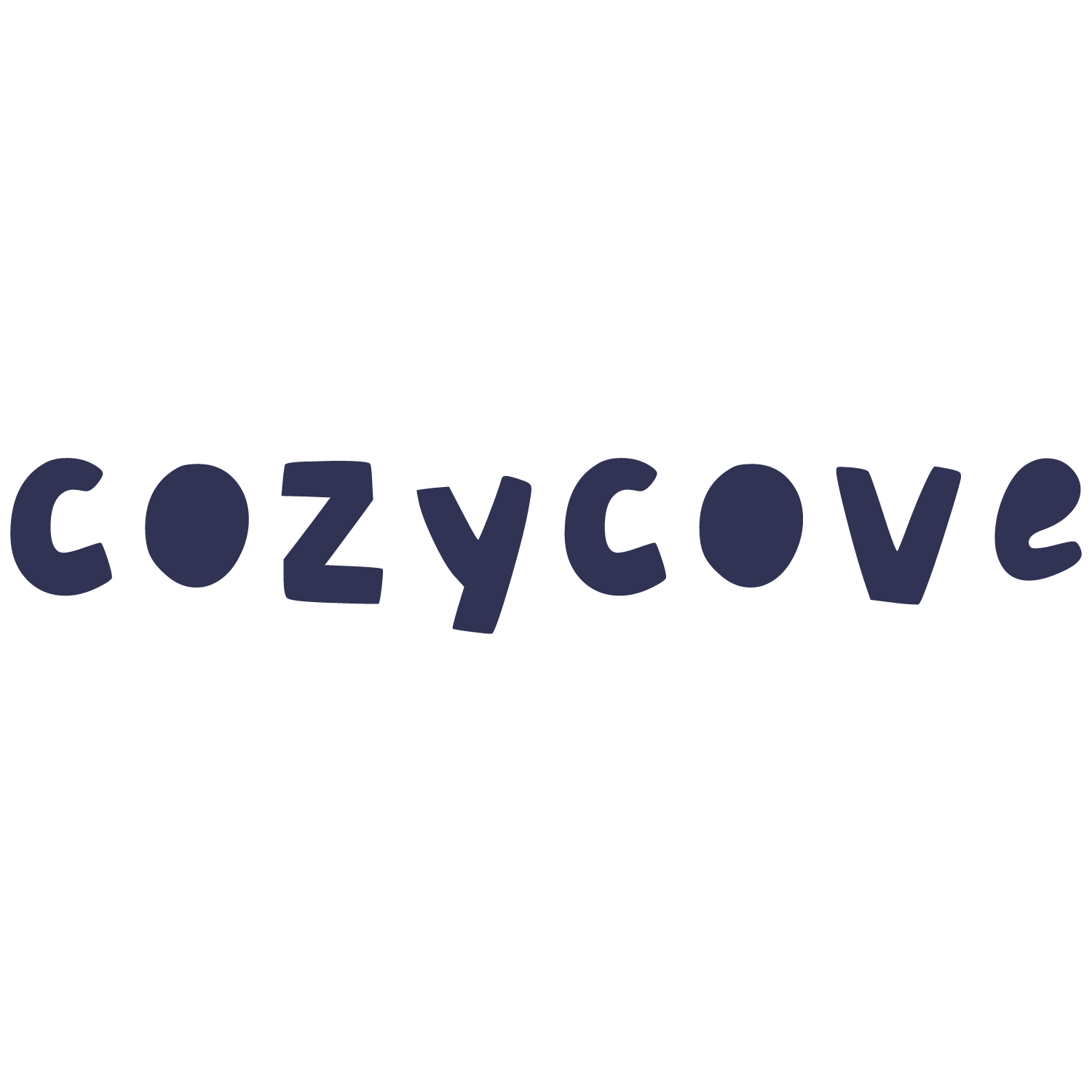acozyfuture.com – The increasing cost of living in Singapore has made raising a child a notably expensive endeavor. Fortunately, Singapore offers a range of subsidies aimed at assisting parents in mitigating the expenses associated with caring for young children before their school enrollment.
These subsidies, which have been introduced since January 2020 and have been continually improved to better support families, complement existing benefits such as the Baby Bonus and dollar-for-dollar matching in the Child Development Account provided by the government upon a child's birth.
Here, we present an overview of the key subsidies available to parents:
1. Basic Childcare Subsidy
Parents with Singapore-citizen children are entitled to the Basic Childcare Subsidy. Eligibility requires enrolling the child in a childcare center licensed by the Early Childhood Development Agency (ECDA).
While family income is not a factor in determining eligibility, the subsidy amount varies based on the mother's employment status. Working mothers receive a higher Basic Subsidy of $600 for full-day childcare, whereas non-working mothers receive $150.
2. Additional Childcare Subsidy
In addition to the Basic Subsidy, eligible families can apply for the Additional Subsidy. To qualify, the household must have a gross monthly income of $12,000 or less or a gross monthly per capita income of $3,000 or less for larger families with at least 3 dependents who are not earning income.
Mothers in the household, as well as single fathers, are required to work a minimum of 56 hours per month in any work arrangement, including part-time and freelance work, to be eligible for the Additional Subsidy. Eligible families can receive up to $710 for infant care and up to $467 for childcare in subsidies.
3. Child Care Financial Assistance and Start-Up Grant
Families encountering financial difficulties in covering childcare fees, even after receiving Basic and Additional Subsidies, can seek further financial assistance.
Additionally, they can apply for the Start-Up Grant, which assists with the initial costs associated with enrolling a child in infant or child care.
To apply, the child must be a Singapore Citizen, and both parents must each work at least 56 hours per month unless they can provide a valid reason for their inability to work. Applications must be supported by relevant documents.
4. Kindergarten Fee Assistance Scheme (KiFAS)
KiFAS was established to ensure that Kindergarten programs remain affordable and accessible to children from low- and middle-income Singaporean families.
Eligibility includes enrolling the child in a kindergarten operated by an Anchor Operator (AOP) or the Ministry of Education (MOE).
The family must have a gross monthly household income of $12,000 or less or a gross monthly per capita income of $3,000 or less for larger families with at least 3 dependents who do not earn income.
Non-parent caregivers, such as grandparents, foster parents, and legal guardians, can apply for KiFAS subsidy under Special Approval, with each application assessed on a case-by-case basis and supported by relevant documents.
5. KiFAS Start-Up Grant
Families requiring assistance with enrolling their children in kindergarten can also apply for the KiFAS Start-Up Grant. This grant helps cover initial enrollment costs, including registration fees, deposits, and school uniforms.
Eligibility criteria include the child being a Singapore Citizen and the family earning a monthly gross household income of $1,900 or less or a gross per capita income of up to $650. The application is evaluated on a case-by-case basis, with the grant amount capped at $240.
Families can obtain the application form and submit it, along with the necessary documents, through their chosen kindergarten.
How to Apply for Subsidies
To receive these subsidies, apply through your child’s preschool or kindergarten. Ensure your contact details are current, as you will receive an SMS and email confirming the Early Childhood Development Agency (ECDA) has received your application. Provide any necessary supporting documents, which will be sent to the ECDA. The outcome of your application will also be communicated via text and email.



Share:
How To Choose a Childcare Centre in Singapore
Alternatives to Child & Infant Care Centres